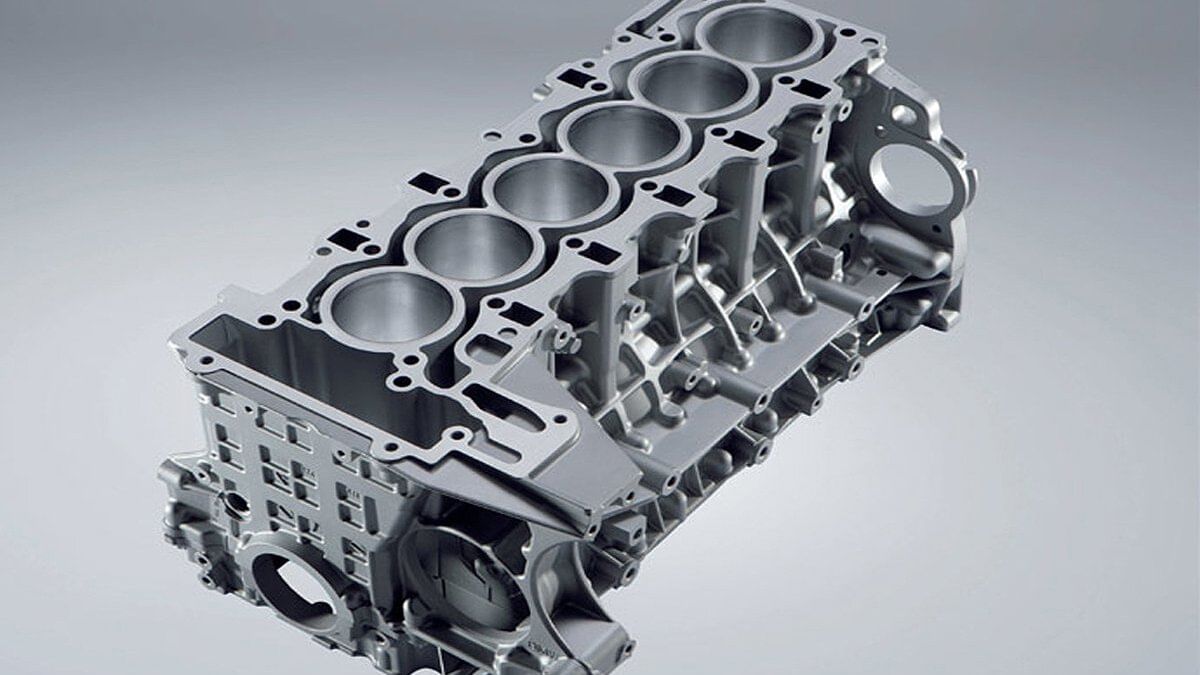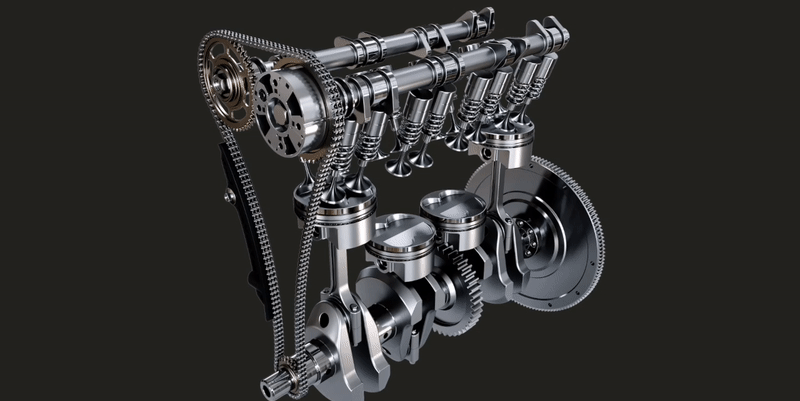Engines For Africa Offers Motors You Can Depend On
Engines For Africa Offers Motors You Can Depend On
Blog Article
Check Out a Large Range of Engines for each Automobile and Purpose
The auto landscape is significantly complex, with a varied selection of engine kinds designed to satisfy details performance and efficiency needs throughout numerous car classifications. From the high-performance engines that power sporting activities autos to the fuel-efficient alternatives customized for day-to-day travelling, the selections are vast and differed. In addition, heavy-duty engines serve the demands of work cars, while environmentally friendly alternatives are gaining grip in the search of lasting transport. Understanding these distinctions is vital for making educated decisions, especially as emerging innovations proceed to form the future of automotive engineering. What implications might these innovations hold for producers and consumers alike?
Kinds Of Automotive Engines
Automotive engines can be classified right into several distinct types, each created to satisfy certain efficiency and effectiveness demands. One of the most common categories consist of interior combustion engines, electric engines, and crossbreed systems.

Electric engines, on the other hand, operate electrical power saved in batteries, offering instantaneous torque and no exhausts. These engines are coming to be increasingly preferred because of developments in battery technology and the growing emphasis on sustainability.
Hybrid systems integrate both interior combustion and electrical engines, enabling vehicles to maximize gas performance and minimize exhausts by seamlessly changing between source of power. Each engine kind offers its advantages and drawbacks, affecting factors such as lorry style, planned use, and market need. Recognizing these distinctions is important for customers and suppliers alike when choosing the appropriate engine for their details requirements.
Performance Engines for Sports Cars
Efficiency engines for sporting activities autos are especially crafted to deliver boosted agility, rate, and power, setting them besides common auto engines. These engines usually utilize innovative technologies such as turbocharging, supercharging, and variable shutoff timing to make the most of performance and responsiveness.
Commonly, performance engines are made with higher compression proportions, which permit greater power removal from fuel. This leads to excellent horse power and torque numbers, enabling fast velocity and greater full throttle. Furthermore, the light-weight materials used in these engines, such as aluminum and carbon fiber, add to reduced general vehicle weight, improving handling and ability to move.
Engine configurations like V6, V8, and even hybrid systems prevail in efficiency cars, each offering special benefits in regards to power distribution and driving dynamics. The adjusting of these engines is additionally important; several manufacturers maximize the engine monitoring systems to give a thrilling driving experience, often including sport settings that readjust throttle reaction and equipment shifts.
Effective Engines for Daily Commuters
In the world of everyday travelling, reliable engines play an important role in optimizing fuel economy and minimizing emissions while offering trustworthy performance. As urban populaces grow and environmental issues increase, the need for cars furnished with reliable powertrains has surged.
Modern engines made for everyday travelers commonly integrate modern technologies such as turbocharging, direct gas injection, and crossbreed systems. Turbocharging boosts engine performance forcibly more air into the combustion chamber, enabling smaller, lighter engines that do not compromise power outcome. Straight fuel injection enhances gas atomization, bring about much better combustion and enhanced efficiency.
Hybrid engines, integrating interior combustion with electrical power, further boost gas economic situation, particularly in stop-and-go web traffic, where conventional engines can experience ineffectiveness. Electric motors aid throughout acceleration and can run independently at reduced rates, reducing total fuel consumption.
Furthermore, improvements in engine monitoring systems and lightweight materials contribute considerably to efficient engine design. By concentrating on performance, sturdiness, and ecological sustainability, makers remain to provide engines that not just site link fulfill the demands of everyday travelling yet also line up with international efforts to minimize carbon footprints.
Heavy-Duty Engines for Work Autos
Sturdy engines for work cars are routinely engineered to supply remarkable torque and dependability under requiring problems. These engines are designed to perform in atmospheres where standard engines might falter, such as building sites, logging procedures, and agricultural setups. The key emphasis of durable engines is their capability to generate high degrees of power while keeping resilience over extended durations of operation.
Typically, durable engines utilize innovative materials and robust building and construction methods to endure the roughness of heavy work. Functions such as enhanced cylinder blocks, improved air conditioning systems, and progressed gas shot technologies contribute to their efficiency. These engines commonly run at reduced RPMs, which aids to maximize fuel efficiency while providing the necessary power for pulling and transporting.
In addition to mechanical robustness, durable engines are typically equipped with innovative electronic control units (ECUs) that handle efficiency, exhausts, and diagnostics. This integration permits far better monitoring and upkeep, ensuring that job vehicles stay functional and reliable.
Inevitably, heavy-duty engines are a necessary element in the efficiency of different markets, supplying the required power and dependability you can try here to take on the toughest of jobs.
Eco-Friendly Engine Options
The expanding emphasis on sustainability has actually led to the development of eco-friendly engine options that prioritize minimized emissions and improved gas efficiency. These engines are designed to reduce the ecological influence of cars while still delivering the performance and dependability anticipated by customers.
Among one of the most noteworthy eco-friendly alternatives are electrical and hybrid engines. Hybrid engines combine standard internal burning engines with electrical propulsion, enabling decreased gas consumption and lower greenhouse gas discharges. Electric engines, on the various other hand, run totally on battery power, creating absolutely no tailpipe exhausts and contributing to cleaner air high quality.
An additional encouraging development is the innovation of biofuel engines, which use renewable energies, such as plant products, to power automobiles (Engines For Africa). By utilizing biofuels, these engines can lower dependency on fossil gas and lower general carbon impacts

As the vehicle sector advances, green engine alternatives will play a vital role in driving the shift in the direction of even more sustainable transport options.
Conclusion
From high-performance engines that boost sporting activities vehicle capacities to effective designs focusing on gas economic climate for daily travelers, each kind serves a particular function. Heavy-duty engines provide to durable work automobiles, while green choices, such as electric and biofuel engines, advertise lasting transportation.

Report this page